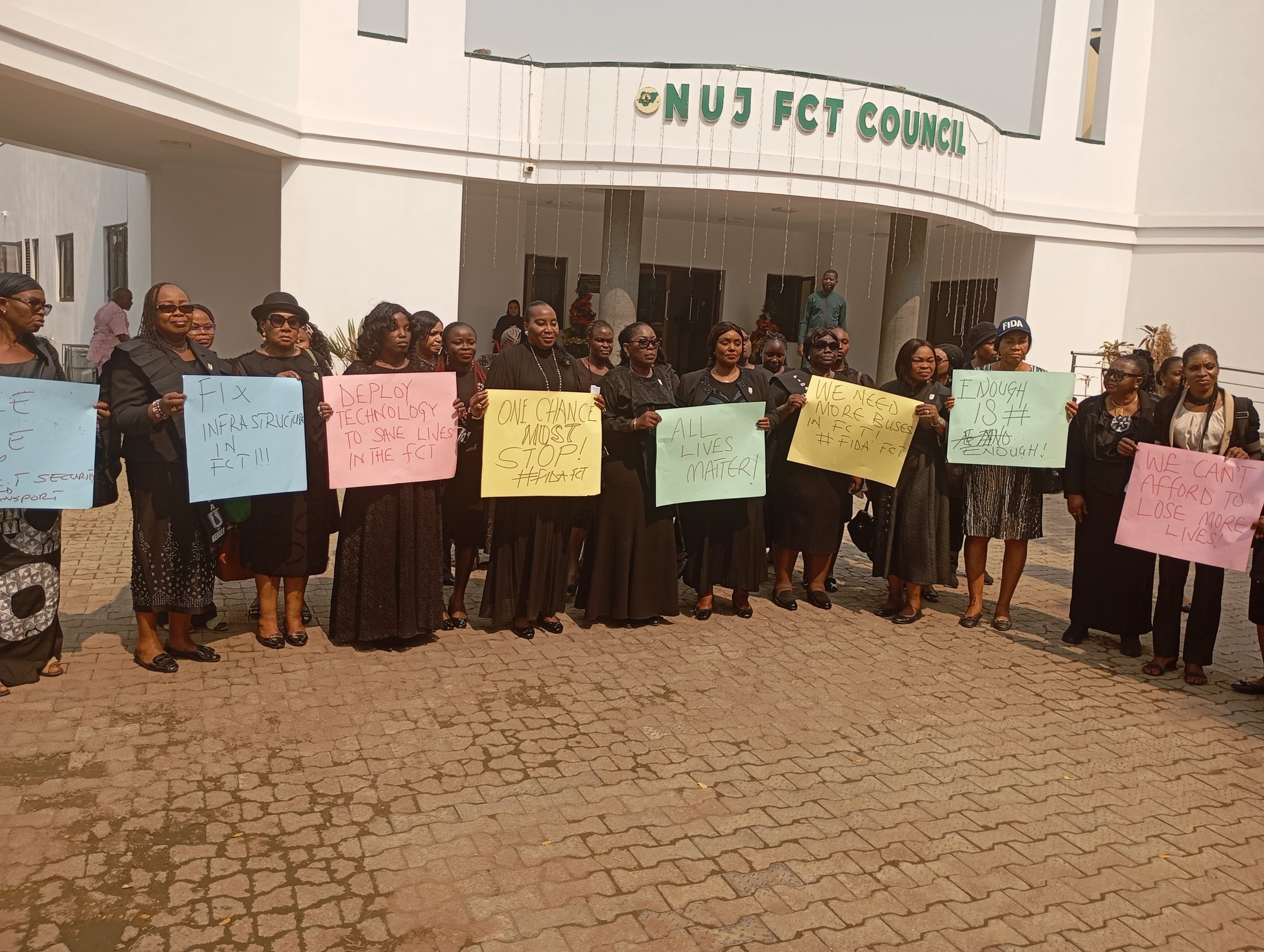Geoscientist and doctoral researcher, Tochukwu Onyebum, has stated that the mining sector, solid minerals, and geothermal energy that can be harnessed from some parts of Nigeria can be leveraged to grow the economy and build a greener future for the country.
Onyebum, research assistant at the University of Nebraska-Lincoln, United States, said this on Thursday through a communique to the press while advising the Federal Government on why it should reduce its over-reliance on petroleum and explore other sources of energy for the development of the country.
Onyebum stated the federal and state governments should be conscious and proactive with current trends in the global oil market, renewable energy innovations, climate change polices, and sustainable future advocacy. He added that anyone or government abreast with these global issues and how they shape policies, economies, and energy demand at the local and international levels should know that oil and gas are no longer sustainable.
“Now is the right time for the Nigerian government and relevant stakeholders in the energy sector to leverage the mining sector to create jobs and develop the country. Many African countries are using their mineral deposits to sustain their economies. Nigeria should not only depend on oil alone but should also turn to mineral exploration for economic diversification,” he said.
Onyebum said that with proper government and private sector investments in geophysical infrastructure, mining activities, training, and data accessibility, Nigeria can leverage strategic resources such as gold, lithium, rare earth elements, and iron ore, laying the foundation for sustainable industrialisation and reducing overreliance on petroleum.
“In a global economy shifting toward green technologies and supply chain security, mining and geophysical research can play a pivotal role in positioning Nigeria as a competitive mineral hub in Africa,” he added.
The geoscientist lamented that in these times the world is seeking alternative sources of energy, and that Nigeria’s energy supply is below average, geothermal energy sources are not being explored even when such a form of energy exists in some parts of the country.
He stated that the energy sector is no longer sustained by conventional sources that are fast running out, adding that countries like Nigeria with geothermal potential will have a significant advantage in ensuring a more reliable and sustainable energy supply.
According to him, known geothermal exploration sites in Nigeria are the Lamurde hot spring in Adamawa, the Ikogosi warm springs of Ondo, the Wikki warm springs of Bauchi, Rafin Reewa in Plateau, and the Ikogosi warm spring in the south-western part of Nigeria, among others.
Onyebum said that the future of geothermal energy looks bright, and if Nigeria invests in the technologies and infrastructures needed to fully harness this energy source, it can reduce the reliance on fossil fuels and fight against climate change.
The geoscientist listed New Zealand, Philippines, Turkey, Indonesia, and the United States as countries producing the most electricity from geothermal sources.
He revealed that electricity generation from geothermal energy has increased at a rate of 3.5 per cent annually, reaching 15.96 gigawatt electric (GWe) of total installed capacity in 2021, and that the deployment of geothermal for heating and cooling increased at an average rate of 9 per cent annually from 2015 to 2020, reaching 107 gigawatts thermal (GWth) in 2020.
“Geothermal energy has been used for decades to generate electricity in some parts of the world. Nigeria should invest and lead Africa in this form of energy that is cheaper, cleaner, and sustainable,” he concluded.






